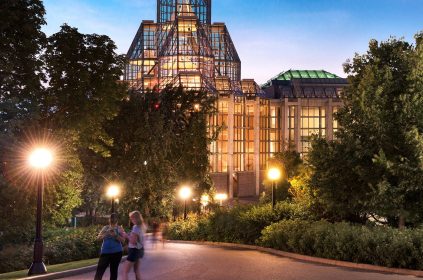OTTAWA — Asylum seekers working on the front-lines of the COVID-19 crisis are getting an early chance at permanent residency in Canada.
Immigration Minister Marco Mendicino announced the program today in response to public demand that the so-called “Guardian Angels” — many in Quebec — be recognized for their work in the health-care sector during the pandemic.
Ordinarily, asylum seekers must wait for their claims to be accepted before they can become permanent residents, but the new program waives that requirement.
To apply for residency now, they must have claimed asylum in Canada prior to March 13 and have spent no less than 120 hours working as a orderly, nurse or other designated occupations between the date of their claim and today.
They must also demonstrate they have six months of experience in the profession before they can receive permanent residency and have until the end of this month to meet that requirement.
The approach recognizes the extraordinary contribution of asylum claimants, particularly in long-term care centres, Mendicino said in a statement.
“As these individuals face an uncertain future in Canada, the current circumstances merit exceptional measures in recognition of their service during the pandemic,” he said.
The new program was the result of negotiations between the federal government and Quebec.
That province has housed many of the nearly 60,000 people who have requested asylum in Canada after crossing on foot into the country from the U.S., the majority using an entry point in Quebec called Roxham Road.
About half the claims have already been heard, and the rest are still working their way through the system.
The irregular border crossers, as they are known, did so to get around a loophole in an agreement between Canada and the U.S. that forbids most people from entering the country by land and asking for safe haven.
The Safe Third Country Agreement, however, was struck down by the Federal Court in July, when a judge ruled elements of it violate constitutional rights.
The judgment was suspended for six months to give the government time to find a solution.
This report by The Canadian Press was first published Aug. 14, 2020.
The Canadian Press














